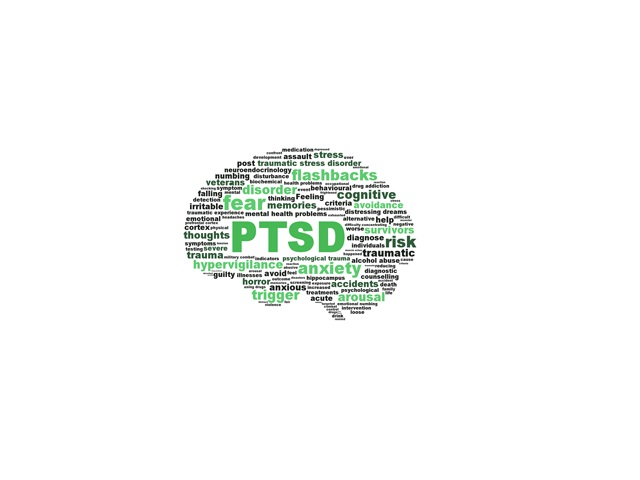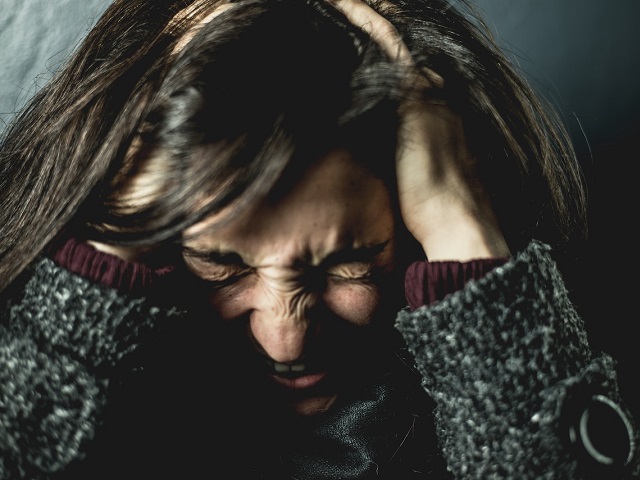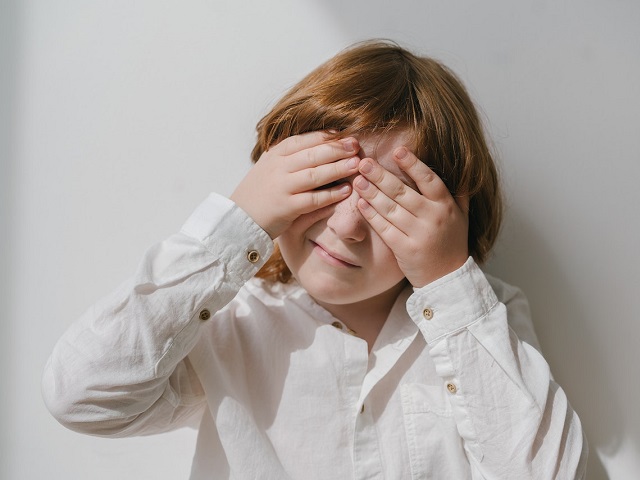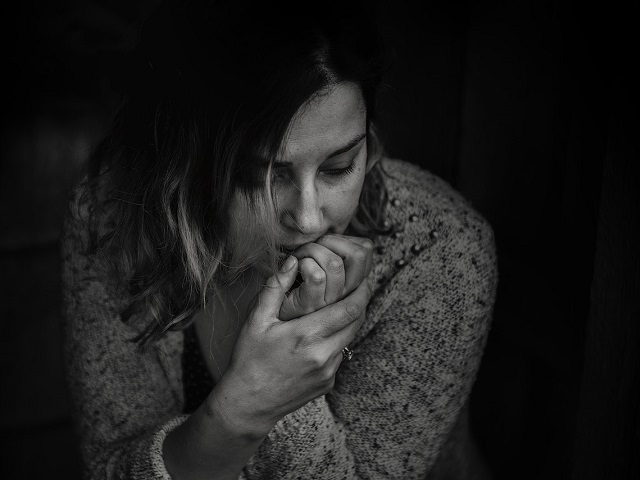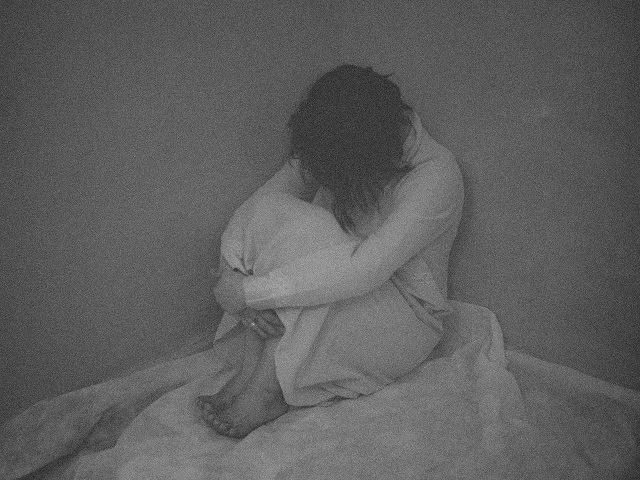9 Signs You May Have Major Depressive Disorder -- Symptoms, Causes, Effects, Treatment and Prevention
Major depressive disorder (MDD), also known as clinical depression, is a common and serious mental health condition characterized by persistent feelings of sadness, loss of interest or pleasure, and a range of other emotional and physical symptoms. Major depressive disorder is a mental health condition that affects mood, thoughts, and behavior. It is diagnosed when an individual experiences a depressed mood or loss of interest or pleasure in activities for at least two weeks, along with several other symptoms that significantly interfere with daily functioning. Here is an explanation of major depressive disorder, along with its symptoms, diagnosis, causes, effects, treatment, and prevention:
Symptoms of Major Depressive Disorder:
The symptoms of major depressive disorder can vary among individuals but may include:
- Persistent feelings of sadness, emptiness, or hopelessness
- Loss of interest or pleasure in activities once enjoyed
- Changes in appetite and weight (either increased or decreased)
- Sleep disturbances (insomnia or excessive sleeping)
- Fatigue or loss of energy
- Feelings of worthlessness or excessive guilt
- Difficulty concentrating, making decisions, or remembering
- Restlessness or slowed movements
- Recurrent thoughts of death or suicide
Diagnosis of Major Depressive Disorder:
To diagnose major depressive disorder, mental health professionals typically consider the presence and severity of symptoms, their duration, and their impact on daily functioning. The Diagnostic and Statistical Manual of Mental Disorders (DSM-5) provides criteria for diagnosing major depressive disorder.
Causes of Major Depressive Disorder:
The exact causes of major depressive disorder are not fully understood, but it is likely influenced by a combination of genetic, biological, environmental, and psychological factors. Some common factors associated with the development of MDD include family history of depression, imbalances in brain chemicals (neurotransmitters), major life changes or stressors, chronic medical conditions, and certain medications.
Effects of Major Depressive Disorder:
Major depressive disorder can have profound effects on various aspects of a person's life, including:
- Impaired social and occupational functioning
- Reduced quality of life and well-being
- Increased risk of other mental health conditions (e.g., anxiety disorders, substance abuse)
- Higher risk of physical health problems (e.g., cardiovascular disease)
- Increased risk of self-harm or suicide
Treatment of Major Depressive Disorder:
Treatment for major depressive disorder often involves a combination of psychotherapy, medication, and lifestyle changes. Common treatment approaches include:
- Psychotherapy: Talk therapy, such as cognitive-behavioral therapy (CBT), helps individuals identify and change negative thoughts and behaviors.
- Medications: Antidepressant medications, such as selective serotonin reuptake inhibitors (SSRIs), may be prescribed to help alleviate symptoms.
- Lifestyle changes: Engaging in regular exercise, maintaining a healthy diet, getting enough sleep, and reducing stress can have a positive impact on depressive symptoms.
Prevention of Major Depressive Disorder:
While it may not always be preventable, some strategies that may help reduce the risk of major depressive disorder include:
- Seeking early intervention and treatment for depressive symptoms
- Developing healthy coping mechanisms for managing stress
- Maintaining a supportive social network
- Engaging in regular physical activity and self-care practices
It is essential for individuals experiencing depressive symptoms to seek professional help for accurate diagnosis, personalized treatment, and support.
References:
American Psychiatric Association. (2013). Diagnostic and Statistical Manual of Mental Disorders (5th ed.). American Psychiatric Publishing.
National Institute of Mental Health. (2020). Major Depression. Retrieved from https://www.nimh.nih.gov/health/topics/depression/index.shtml
Mayo Clinic. (2021). Depression (major depressive disorder). Retrieved from https://www.mayoclinic.org/diseases-conditions/depression/symptoms-causes/syc-20356007







